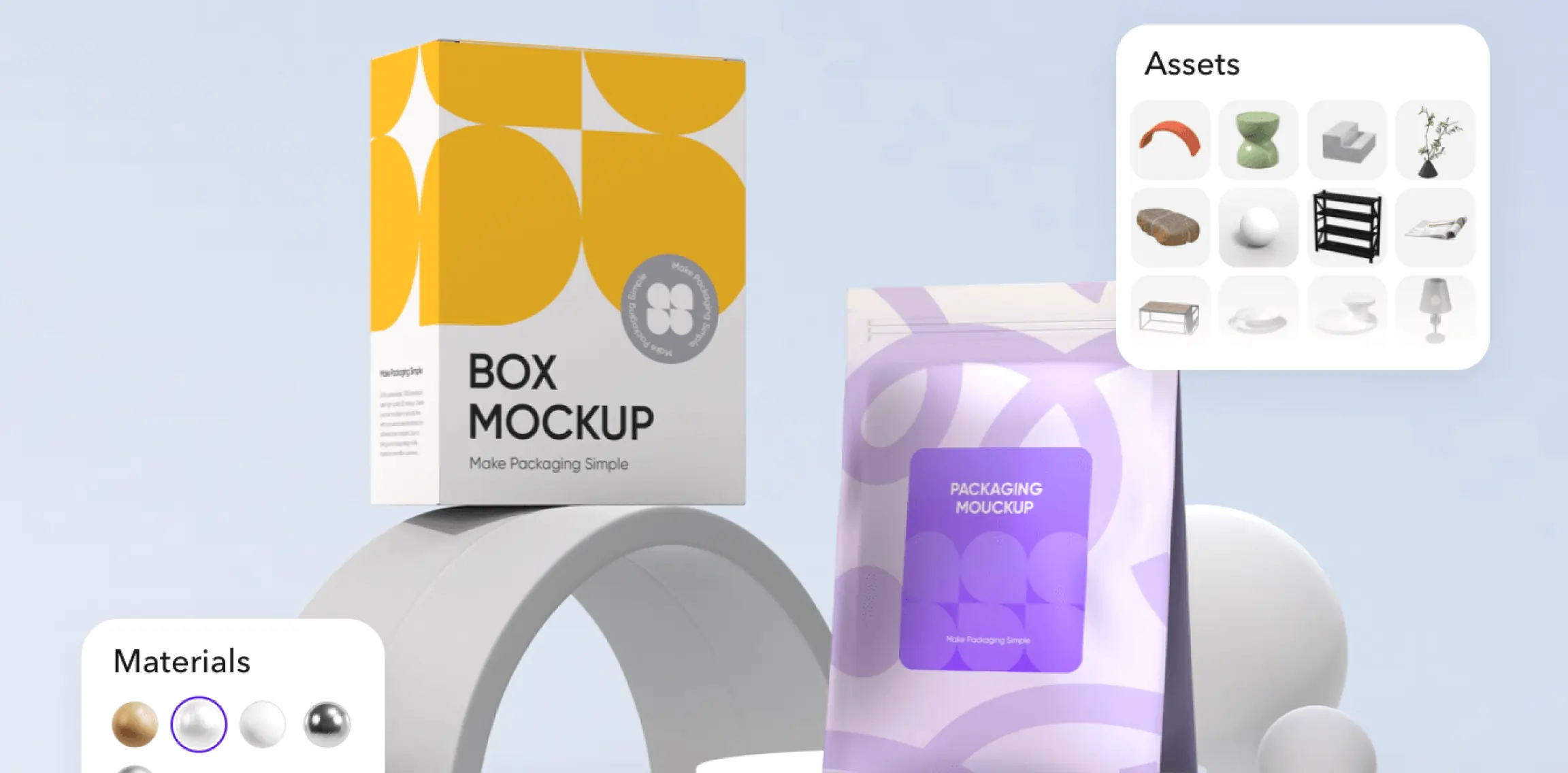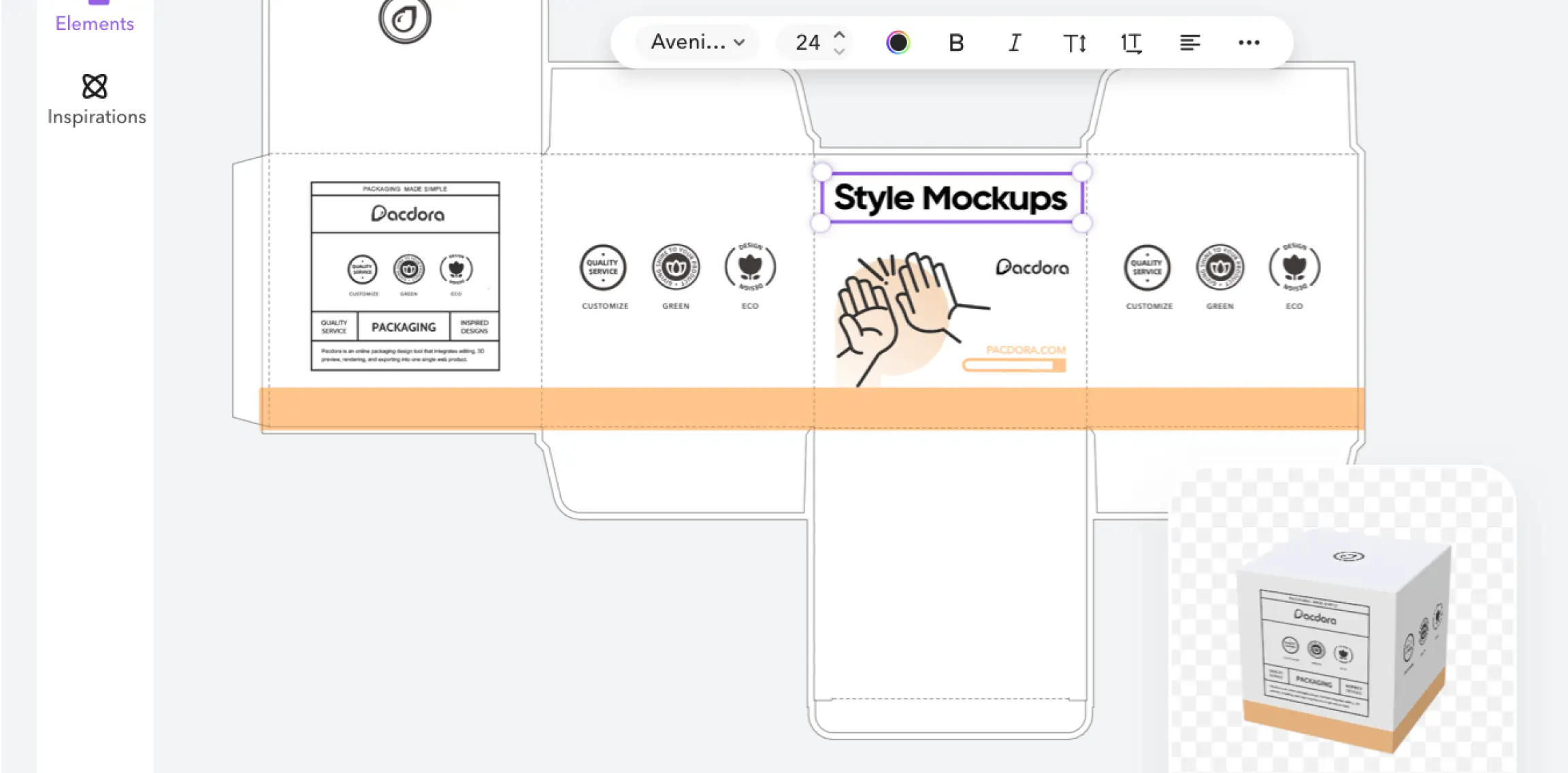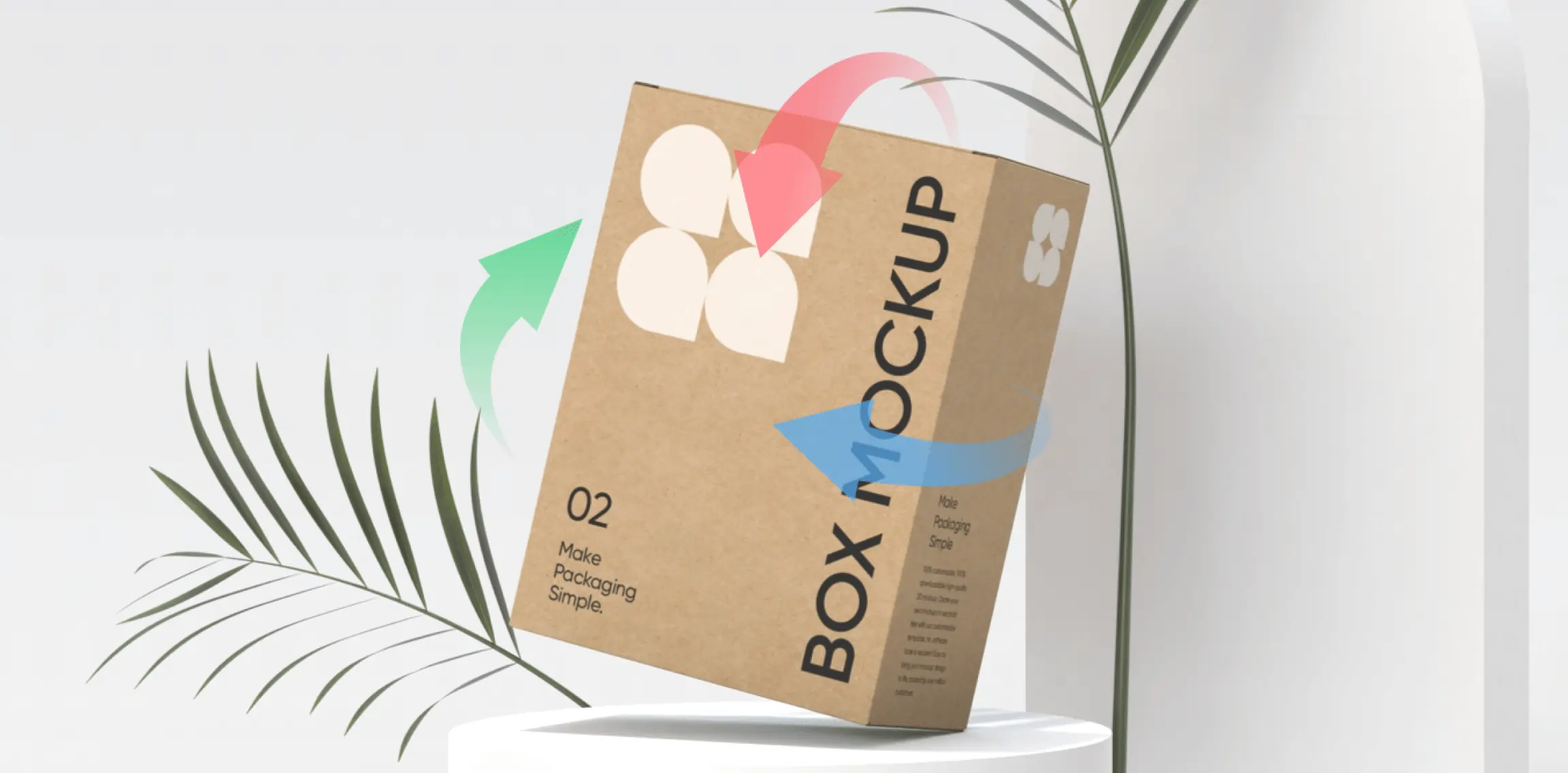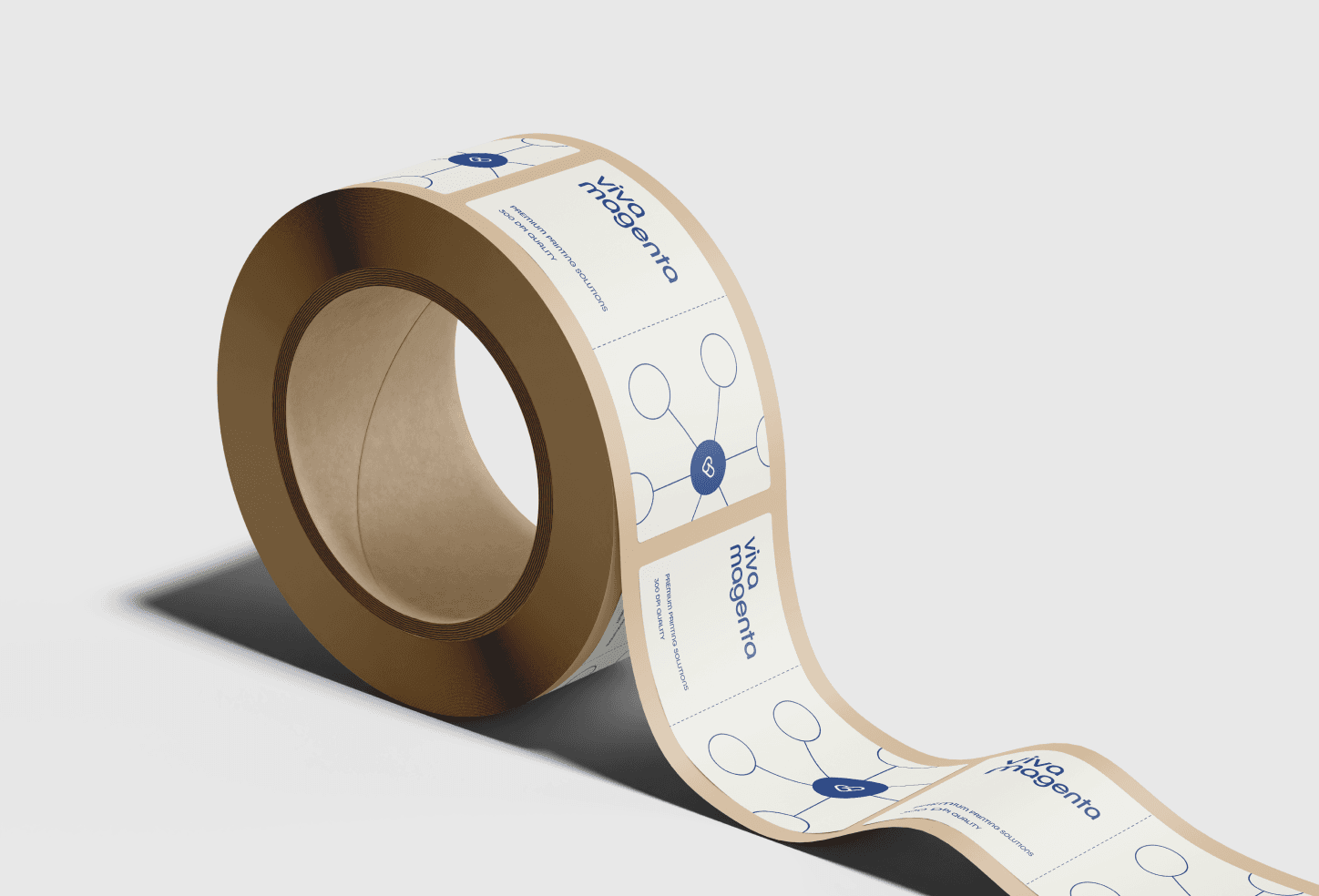Top Trends in 3D Packaging Design for 2024
In the dynamic world of product marketing, packaging design not only preserves and protects but also communicates a brand's identity directly to consumers. With technological advancements, 3D packaging design has emerged as a cutting-edge method to give brands a competitive edge. This blog post explores the top packaging design trends for 2024, focusing on how online 3D technologies are reshaping the industry. Entrepreneurs and designers, get ready to discover how these trends can elevate your packaging to new heights and captivate your audience like never before.
Emerging Technologies in 3D Packaging
As 2024 approaches, the necessity for advanced rendering technologies in packaging design is becoming increasingly evident. Advanced rendering technology enables designers to produce highly detailed and realistic visuals of their packaging concepts. This technology not only enhances the aesthetic appeal but also improves the accuracy of the final product mockups. Furthermore, 3D cloud rendering is revolutionising the field by allowing designers to execute high-quality visualisations without needing powerful local hardware. By integrating these sophisticated technologies, brands and designers can drastically cut down on development time and costs while pushing the boundaries of creative packaging design.
Customisation and Personalisation
3D packaging design opens up unprecedented opportunities for customisation and personalisation, crucial for brands seeking to connect deeply with their target audience. In 2024, the trend towards highly customised packaging solutions will grow even stronger. Online 3D design tools empower businesses to tailor every aspect of their packaging—from the shape and size to the colours and textures—right from their web browsers. This level of customisation enhances brand differentiation and boosts consumer engagement by aligning packaging more closely with personal preferences and current trends.
Personalised packaging has significantly influenced buyer behaviour, making products stand out on crowded shelves. As technology advances, businesses can anticipate even greater flexibility and precision in designing and deploying their packaging strategies. This shift towards greater customisation and personalisation in packaging design is not just about aesthetics but also about creating a personal connection between the brand and the consumer, adding a powerful dimension to the consumer experience.
Enhanced User Experience
The impact of 3D packaging design on user experience cannot be overstated. As we move into 2024, the focus on making online platforms as user-friendly as possible is paramount. Designers and businesses are increasingly adopting interfaces that simplify the design process, making it accessible to everyone—from seasoned professionals to novices. These intuitive platforms facilitate quick adjustments, real-time previews, and seamless collaboration between teams, all of which contribute to a smoother and more engaging design experience.
Furthermore, enhanced user interfaces allow for faster iterations, helping brands to quickly adapt their designs in response to consumer feedback or market trends. This responsiveness saves time and resources and ensures that the final packaging design truly resonates with consumers. By improving the user experience, 3D packaging design tools are setting new standards in how products are conceptualised, presented, and finalised, leading to higher client satisfaction and loyalty.

Integration with E-commerce
Integrating 3D packaging design tools with e-commerce platforms revolutionises how businesses present and sell their products online. As 2024 approaches, more companies are leveraging these tools to give customers a dynamic visual representation of their products before purchasing. This integration lets customers view potential purchases in a 360-degree format, enhancing transparency and boosting buyer confidence.
For businesses, the seamless connection between 3D design software and online stores simplifies the process of updating product visuals and descriptions. It also enables quicker adaptations to packaging in response to consumer trends or feedback, keeping offerings fresh and relevant. As a result, e-commerce sites can attract more customers and generate higher conversion rates by providing a more interactive and accurate shopping experience.
This growing trend underscores the importance of cohesive digital strategies that incorporate 3D visualization into the core of e-commerce operations. These strategies ensure that the product and its packaging are displayed in the most attractive and accurate manner possible.
Examples: Spotlight on Pacdora
Pacdora is a prime example of how online 3D packaging design tools are shaping the industry's future. With its streamlined, professional dieline drawing functions, Pacdora simplifies the initial stages of packaging design. Users can input their desired dimensions, and Pacdora generates precise dieline files in formats like PDF and AI, which are ready for immediate download and use. This feature reduces barriers for beginners and speeds up the design process for experienced designers.
Moreover, Pacdora's Free 3D mockup generator allows users to upload their packaging designs and instantly see a lifelike 3D representation. This tool adjusts elements such as materials, angles, and lighting online, ensuring the final visual product aligns with the designer's vision. The ability to export these designs as PNG images or MP4 files with a folding animation effect further enhances the practicality and visual appeal of the designs.

Utilising Pacdora's precise capabilities, users can ensure that their designs are visually appealing and accurately represented in physical form, facilitating a seamless transition from design to print. This integration exemplifies the significant impact of 3D design tools in reducing the time and costs associated with traditional packaging design methods.
Future Outlook
As we look towards the future of packaging design in 2024 and beyond, the trajectory is clear: 3D packaging design will continue to evolve and become an integral part of businesses' branding and marketing strategies worldwide. The ongoing developments in rendering technologies and cloud-based design tools are expected further to enhance the capabilities and accessibility of 3D packaging design.
In the near future, we can anticipate even more sophisticated features that enable hyper-realistic simulations and greater interactivity in the design process. These advancements will streamline the design-to-production workflow and open new possibilities for personalised and dynamic packaging solutions that respond quickly to market changes and consumer preferences.
Businesses looking to stay ahead must embrace these trends, continually adapting their strategies to leverage the full potential of 3D design tools. This proactive approach will ensure that brands meet and exceed consumer expectations, securing a competitive advantage in an increasingly digital marketplace.

